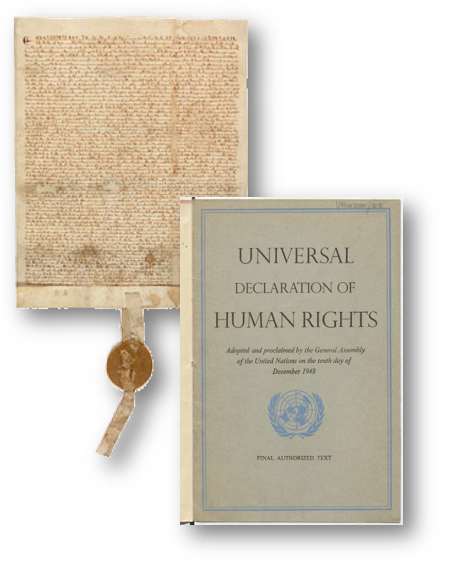In honor of Women’s History Month, the Harris County Law Library is paying tribute the life and accomplishments of a remarkable woman, Camille Elizabeth Stanford Openshaw. At a time when women’s educational and career options were very limited, Ms. Openshaw excelled not only as an attorney but as a leader in the local legal community.
Just five years after graduating from South Texas College of Law in 1930, she was elected to the board of directors of the Lawyers Library Association, the first woman to hold the position. She later distinguished herself as a founding partner of the Houston law firm, McIntosh & Openshaw. But perhaps her most sensational claim to fame was her representation of former bank robber, kidnapper, murderer, and fugitive, Raymond Hamilton, whose exploits with the infamous Clyde Barrow Gang resulted in his ultimate execution. Despite Ms. Openshaw’s best efforts to spare his life with a last-minute plea to the State Court of Criminal Appeals in Austin, Hamilton was put to death on May 10, 1935.
To learn more about Ms. Openshaw, please visit the Harris County Law Library’s downtown location, where an exhibit honoring her accomplishments will be on display throughout the month of March. An accompanying digital exhibit can be viewed on the library’s website.






